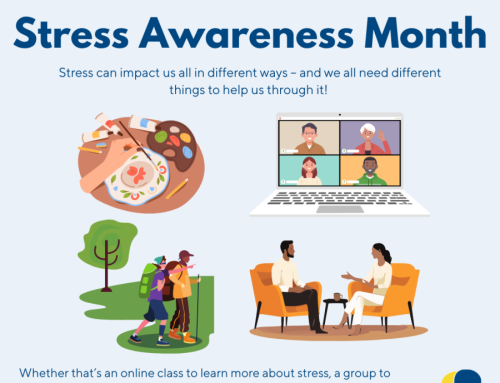Arfan Hanif, Quality and Performance Director, on the importance of social conscience in our work and outlook.
You may already know that Touchstone came 8th overall (including a Special Award for ‘Developing Potential) in the 2017 ‘Best Companies – 100 Best Not-For-Profit organisations to work for’ list. An incredible achievement considering our humble beginnings 35 years ago.
Whilst things like’ leadership’, ‘personal growth’ and ‘my team’ are headlined by the Best Companies list it is something else which grabbed my attention. Every employer to a lesser or greater degree does something around leadership, personal growth etc… But Social Conscience or ethical practice is something different. Sometimes seen as an after thought or an add on at best, or worse totally disregarded.
So when we found out that Touchstone according to our staff ‘has a strong social conscience – ranking first among all small organisation on our list’ I was humbled and felt I had finally arrived ‘home’. Like all colleagues who work and volunteer for Touchstone one of my primary motivations is to try my best to do things in an ethical manner with the needs of others (often disadvantaged) put first. In this case the means becomes an end itself – our ethical conduct during a journey towards a goal can sometimes lead to far more unexpected positive outcomes something more than the original goal could ever achieve.
Social conscience is instinctively at the heart of what we do, its makes us unique and best in class! So how do you make social conscience and ethical practice tangible and measurable? It’s not that complicated. Here are a few simple tips to continue ensuring we are led by strong ethical principles:
1. Live and Breathe your Values
2. Always put the service user, their families/carers and communities first in every thing you do.
3. Involve service users from the design to the delivery of a service or project.
4. Treat & respect each other fairly with compassion and celebrate the diverse contributions of your colleagues, volunteers and consultants – promoting ethical practice starts at home!
5. Do something additional which is not specified in your job role. Being ethical means being active and not passive.
6. Finally, be yourself!
Congratulations to all my colleagues and thank you so much for creating a work environment where social conscience is our strength and the norm.





